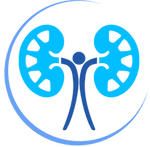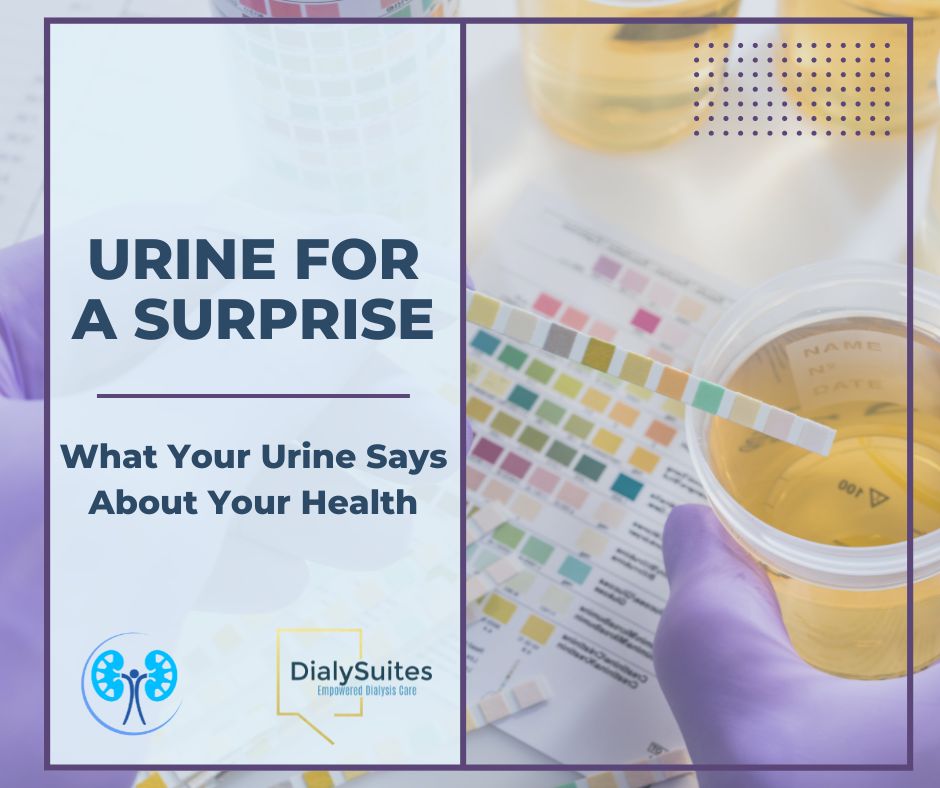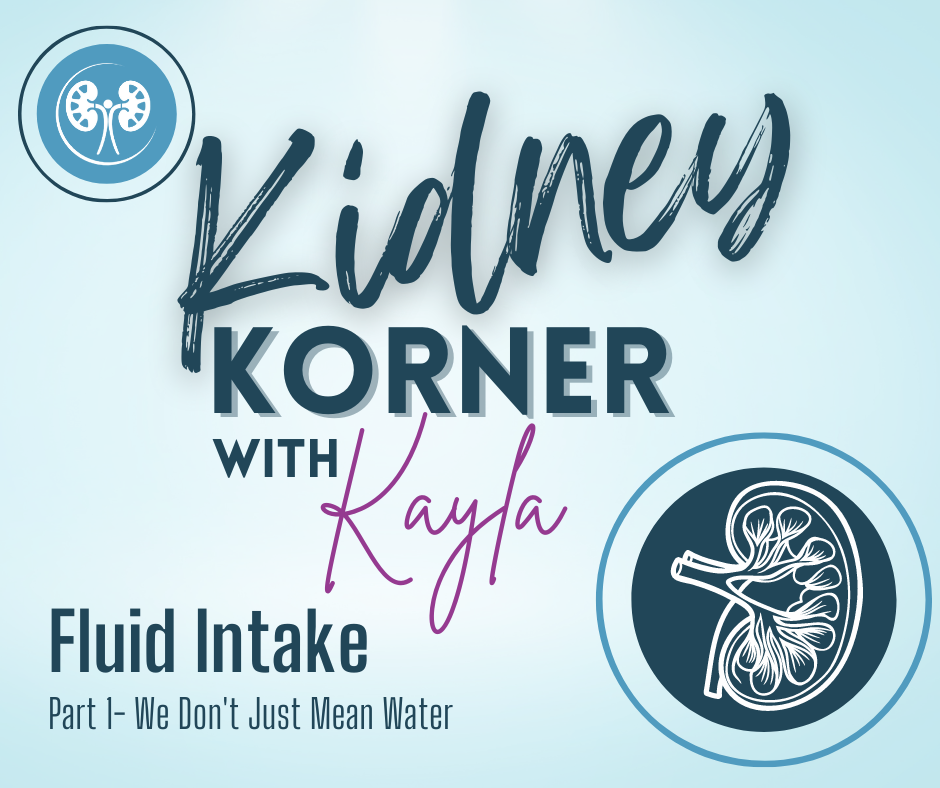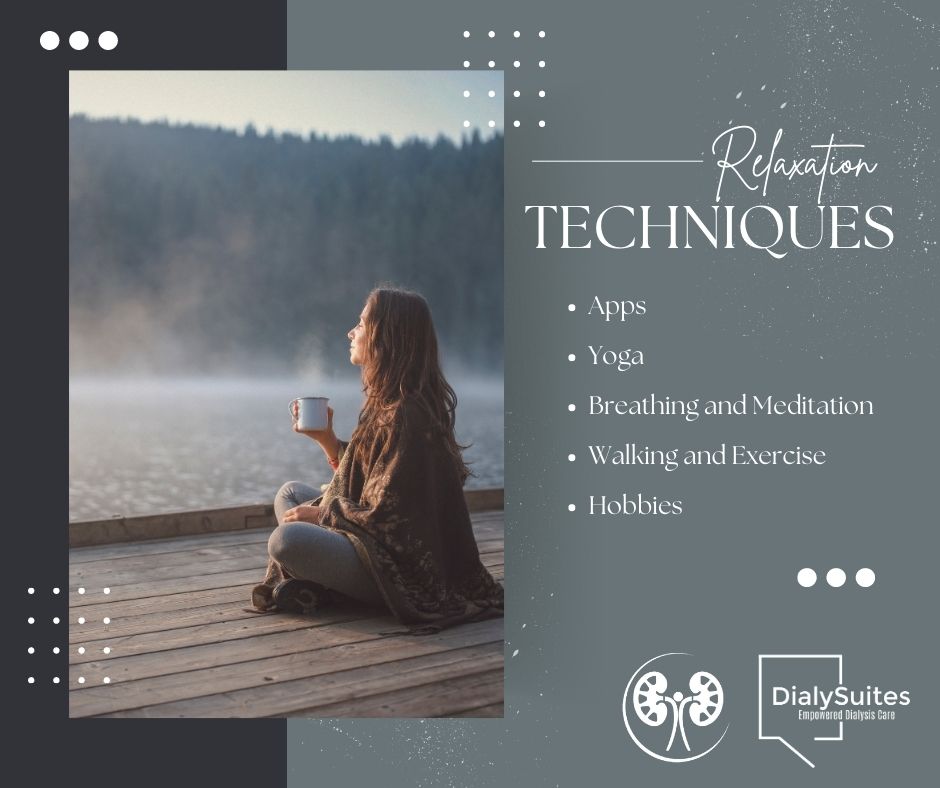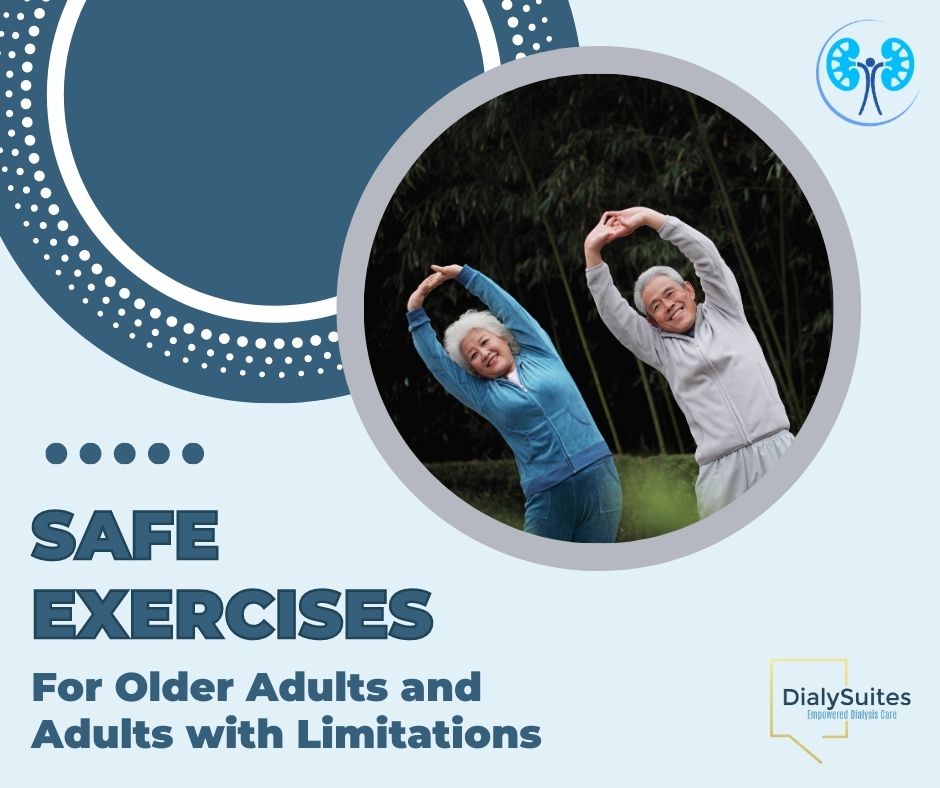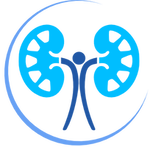|
Urine can tell us a lot about your health, like hydration levels and kidney function. It is important to monitor your output to catch any significant changes, especially if you have pre-existing conditions known to potentially affect your kidneys and urine.
Appearance, Smell, and More: Foamy= Proteinuria, due to differences in the surface tension Red= Hematuria, blood in the urine, can indicate kidney stones, urinary tract infections (UTI), or other conditions Cloudy= Change in pH to alkaline indicating a number of potential causes like diabetes, infection, kidney disease or stones, vaginal discharge, or dehydration Dark= Dehydration Clear/no color= Over-hydrated Frequent urination= Urinary tract infection (UTI), overhydration, presence of waste in urine like sugars or protein Odd smell= Diabetes, urinary tract infection (UTI), dehydration, metabolic disorders Pain with urination= Kidney stones, urinary tract infection (UTI) Urine Tests: Lab tests can be ordered to examine the urine and begin to determine or monitor symptoms. These tests can include: Protein Total, 24-hour collections, Urinalysis with Culture, and more. Urine tests can monitor the levels of protein, bacteria, red/white blood cells, glucose, crystals, and hormones. According to Dr. Munjal, your urine should look like lemonade. This color comes from the waste the kidneys filter out. The concentration, or intensity of the color, is based on the water content of the urine. If you have any concerns about your urine or kidney function, speak with your care team for further evaluation. As always, stay safe and healthy! This website is for informational and educational purposes ONLY. While we strive for accurate, general medical information, this does not replace professional medical advice. Do not rely solely on this information. Please consult with your physician for more information regarding your specific needs. If you are experiencing a medical emergency, please call 911. Resources: https://my.clevelandclinic.org/health/symptoms/21894-cloudy-urine https://www.mayoclinic.org/symptoms/urine-odor/basics/causes/sym-20050704 We Don't Just Mean WaterFluid intake is a complicated topic as each patient has unique and individual needs. This can change overtime due to medication changes, new diagnoses, or lifestyle changes. When we talk about fluids, we do not mean just water. It is important to be aware of the amount of fluids you intake daily from a variety of sources and how that may impact your health and hydration. There are foods with higher water contents that may impact your hydration depending on the amount consumed on a regular basis. These are called insensible fluids. It is advised that we be aware of what they are, but are often not included in the total fluid intake. Common Fluids Beyond Water
Munjal’s Musings: Eight 8oz (64oz) cups of water a day does not apply to everyone. Each person requires different fluid intake daily based on unique and individual needs. Those with sedentary lifestyles, like office staff, do not require as much fluid as those exerting themselves, like construction workers. A fluid can be easily classified as something that you put in a cup. However, many foods have high water contents, making that an additional source of fluid, called an insensible fluid. However, for simplicity, focus on the actual fluid that you drink, not the water content in foods. How much fluid is too much? Tune back in for the next Kidney Korner to find out. If you have concerns about your fluid intake, do not hesitate to contact your care team(s) to discuss your individual needs. As always, stay safe and healthy. This website is for informational and educational purposes ONLY. While we strive for accurate, general medical information, this does not replace professional medical advice. Do not rely solely on this information. Please consult with your physician for more information regarding your specific needs. If you are experiencing a medical emergency, please call 911. We often hear that we need to relax, calm down, and rest, but often find ourselves feeling guilty about tasks we could or should be doing, wasting time, or feeling as though we are neglecting others by taking time for ourselves. However, self care and relaxation are vital in helping to reduce anxiety, depression, blood pressure, and chronic pain, among other things. So how, exactly, can one truly relax? Listed below are a variety of ways to focus on yourself and your wellbeing.
Apps
Yoga is a great way to begin to focus attention on your body and breathing. Yoga can help to create mindfulness and clarity.
Breathing Exercises and Meditation More often than not, relaxation starts with focusing on breathing. Walking and Exercise Fresh air and a change of scenery can work wonders for a person. Moving the body also releases endorphins, a “feel-good” chemical in your brain. Exercise can also improve one's mood and reduce the harmful effects of stress. Hobbies Engaging in a new hobby can help to bring our focus and attention to something other than stressors or our daily tasks. These can include: reading, crochet/knitting, painting, writing poetry, listening to calming music. Which of these methods will you try to help you relax? Share your thoughts on our facebook pages! As always, stay safe and healthy! *This post is not sponsored by any of the above listed apps, websites, or companies.* This website is for informational and educational purposes ONLY. While we strive for accurate, general medical information, this does not replace professional medical advice. Do not rely solely on this information. Please consult with your physician for more information regarding your specific needs. If you are experiencing a medical emergency, please call 911. Resources: Exercise and Stress- Mayo Clinic. For older adults and adults with mobility limitations, getting exercise can be a daunting task. The fear of falling, getting injured, or needing assistance can create barriers to achieving better health. It’s important to focus on form and building strength and flexibility slowly and safely. By beginning with exercises that focus on flexibility and increasing mobility, injury becomes less likely.
Exercise and its benefits can look different for everyone, so it is important to know your limitations. Gentle exercises can have a wide variety of benefits. These can include:
The following sites provide simple, safe exercises: Sitting Exercises- NHS 5 Easy Chair Exercises- British Heart Foundation 9 Chair Exercises- GoodRx Virtual Fitness and Wellness Events- Senior Planet Consult with your doctors before implementing new exercises into your routine to reduce risk of injury. As always, stay safe and healthy! This website is for informational and educational purposes ONLY. While we strive for accurate, general medical information, this does not replace professional medical advice. Do not rely solely on this information. Please consult with your physician for more information regarding your specific needs. If you are experiencing a medical emergency, please call 911. |
About The BeanThe Bean is a blog on a mission to share valuable information in the world of Nephrology. We believe in empowering through education and The Bean is a great place to find resources and information on topics related to high blood pressure, kidney disease, dialysis, and topics that enhance the kidney minded lifestyle. Enjoy and be sure to subscribe! Archives
July 2024
Categories |
Contact Us |
Careers |
Connect With Us |
|
13241 Bartram Park Blvd., Suite 1001
Jacksonville, FL 32258 Open Map Tel: (904) 260-9898 Fax: (904) 260-9891 |
Interested in joining our team? Jacksonville Nephrology is dedicated to compassionate patient care through teaching and giving our team the tools needed to go above and beyond. Learn more about current openings. Learn More
|
